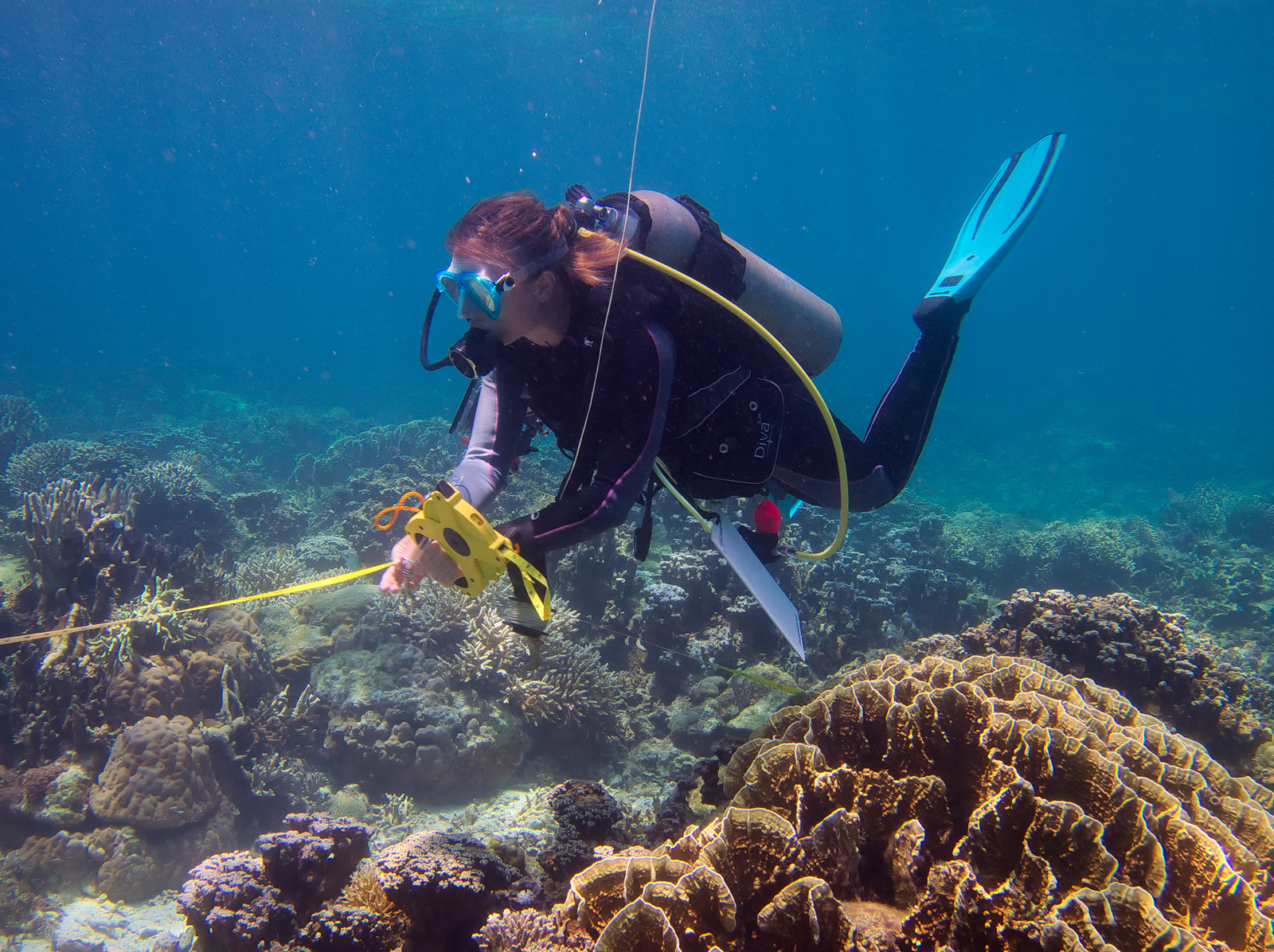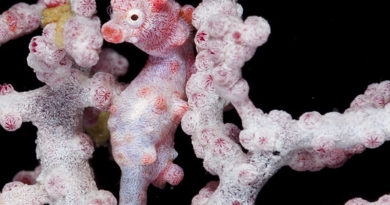Scientific Diving and Task Loading
I would like to share some thoughts on how scientific diving which have fermented in my mind for some time; what I am writing here might be very common-sensical to some of you, but it might still be useful for newer scientific divers. I myself enjoy reading about topics where I had thought about the issues at hand, just to see the author explain what I kind-of thought about myself anyway … just much clearer, and better formulated. I hope this post will be this clear explanation for some of you.
So, what is scientific diving, how is it different from recreational/tourist diving, and how can you become better at it?
For our purpose here, scientific diving is any scuba dive where the diver engages in any kind of science; that may be a dive to 6 meters or a decompression dive to the mesophotic zone; either a dive to simply check if a certain coral species is present on a reef, or a sophisticated fish visual survey. Any dive on scuba, with an intention to sample or observe counts for us here. And it also doesn’t matter if the diver is an ace marine bio prof from JCU or a 20 year old volunteer fresh from Euroland with an NGO somewhere in the tropics. The more experienced scientific diver will probably understand these issues much better, but they apply, in principle, to everyone.
If you swim around underwater (possibly behind a dive guide who navigates for you) to enjoy the view or take pictures, it’s not scientific diving. Nothing wrong with enjoying the view and taking pictures of course!
Task Loading
The key concept in this context is task loading:
A person will have a limited amount of cognitive capacity, for whatever he or she is doing. There will be a limit in short-term memory, in the amount of sensory input (things he/she sees or hears) can process. There will be a limited number of procedures (clipping on a slate to your BC; donating air to a buddy who ran out of air…) a diver can do inside a minute. It’s not easy to put a value/number on the cognitive capacity of a person, but it’s clear that it’s limited what a single person can do.
A commonly used way to explain task loading is driving: It’s best to fully concentrate on driving. But it’s ok to have a conversation while driving. It’s ok to sip some coffee. Both of these use only a small bit of cognitive capacity, and there is still enough left to drive safely. But texting takes away too much of it (the driver’s gaze is diverted from the road), and it’s dangerous to text & drive. The total available cognitive capacity is not enough to handle texting and driving at the same time.
Also: the cognitive capacity when performing a certain skill is not constant. A new driver will have to focus all of his or her mind on not crashing the car. A more experienced driver can sip the aforementioned coffee.

What is true for the driver, is true for the diver.
Task Loading and Scientific Diving
When you dive for science, you will end up doing more, more challenging & more distracting things under water compared to a “fun diver”. Distracting from what, you might ask? Distracting from diving safely, from absolutely essential tasks like checking your air regularly, for instance. Just like in driving, doing extra tasks will distract you from a safe conduct of the dive. The difference in scientific diving is that the extra tasks are the point of your dive, unlike the coffee drinking in your car.
You need to manage the task loading, either by reducing the cognitive load of the science you are doing, or by increasing your cognitive capacity. Basically, task loading can be managed in several ways:
Training & Experience
The better, more experienced a diver you are, the more cognitive capacities are available for you during your dive. It’s like the experienced driver who can drink some coffee while on the road without risking a crash. Your cognitive capacity while on a dive can increase when you are more skilled.
Andy Davies wrote a very good blog post explaining that simply going on a lot of dives will not necessarily make you a better diver. I have seen divers with 600 dives, all of which they spent following a dive guide in warm, clear water. These folks weren’t great divers.
You need to get specific training for the tasks you plan to do, but also repeatedly practice the skills you learned. Overtraining is the key concept here: the specific skills you need for your scientific diving need to become automated in your mind, just like switching gears doesn’t take much thought anymore for an experienced driver. Multiple repetitions on multiple occasions will automatize skills.
Planning
Who does what, and when? If you figure this out before the dive, on the surface, you’ll make your life much easier once the dive is under way, and you need to use less cognitive capacity. It’s surprisingly hard to communicate anything but the basics underwater, even with a slate to write on.
Preparation
This point is related to planning. Do you need to attach a cable-tie to a camera? Do you need to assemble a scaffold to put your measurement devices on? Then, consider: Is that something you can already do on land? Any procedure you can prepare before starting your dive helps you conserve cognitive capacity for the actual dive.
Physical Fitness
Being able to swim at a reasonable pace without getting exhausted is of great value for scientific divers. So is being able to lift moderately heavy equipment. Everyone is familiar with the relationship between physical exertion and cognitive ability. Try doing a moderately difficult math problem while sitting on your desk (easy), or while talking a walk (still easy). Then try doing the same math problem on a brisk jog: much harder. A brisk jog is a different pace for a champion marathon runner than for me. The fitter you are, the higher is the amount of physical activity which allows you to still think while engaging in it.
Diving is an odd activity in the sense that it requires fitness, but it doesn’t get you particularly fit on its own. I wrote a few blog posts on diving fitness. Eventually, you need to critically assess your own fitness, and right what might be wrong with it (cardio? back strength? flexibility?).

Finally, a tip for male, bearded scientific divers: Little things make a big difference, a leaking mask can ruin a dive.
I hope this is useful for some of the readers of my blog,
Best Fishes,
Klaus




